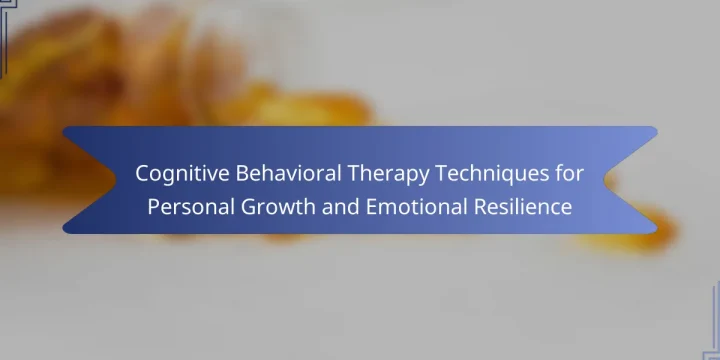
Understanding Maslow's Hierarchy of Needs can significantly enhance motivation and self-actualization in personal and professional settings. This psychological theory categorizes human needs into five levels: physiological, safety, love and belonging, esteem, and self-actualization. The article explores how fulfilling these needs fosters personal growth, the unique attributes of the hierarchy, its application in education and workplaces, and common pitfalls to avoid. By addressing these factors, individuals and organizations can create environments that promote fulfillment and productivity. What is Maslow's Hierarchy of Needs? Maslow's Hierarchy of Needs is a psychological theory that categorizes human needs into five levels, influencing motivation and self-actualization. The levels are physiological needs, safety needs, love and belonging, esteem needs, and self-actualization. As individuals fulfill lower-level needs, they are motivated to pursue higher-level needs, ultimately striving for self-actualization,…





